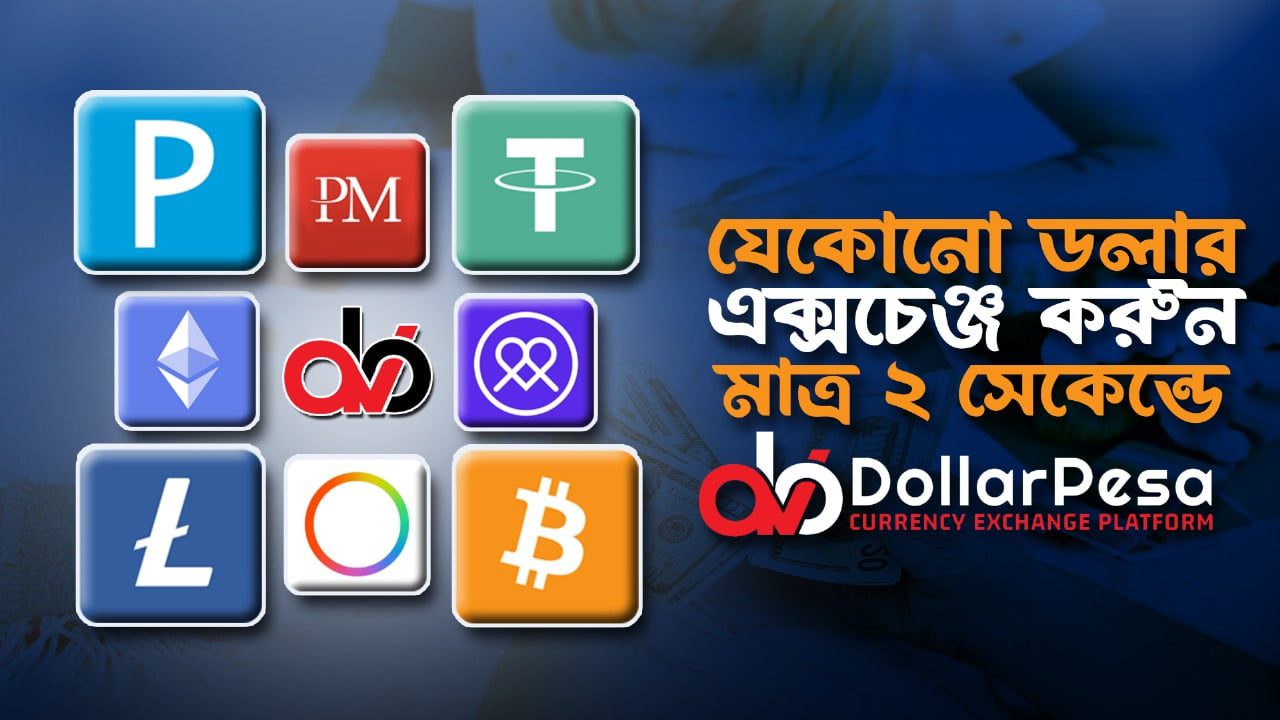Bitcoin, the world’s first decentralized digital currency, has been making waves and capturing the imagination of individuals and businesses alike since its inception in 2009. As a revolutionary form of money, Bitcoin operates without the need for a central authority or intermediary, offering users a peer-to-peer electronic payment system that bypasses traditional financial institutions. This article aims to provide a comprehensive overview of what Bitcoin is, its underlying technology, the advantages it offers, the potential risks it poses, and how one can acquire, store, and navigate the regulatory landscape surrounding this groundbreaking cryptocurrency. By the end, readers will gain valuable insights into the impact and potential of Bitcoin in transforming the financial landscape.
Contents
- 1 1. Introduction to Bitcoin
- 2 2. The History of Bitcoin
- 3 3. Understanding Bitcoin Technology
- 4 4. Benefits and Advantages of Bitcoin
- 5 5. Potential Risks and Challenges of Bitcoin
- 6 6. How to Acquire and Store Bitcoin
- 7 7. Regulatory Landscape and Future of Bitcoin
- 8 8. Conclusion: The Impact and Potential of Bitcoin
- 9 FAQ
1. Introduction to Bitcoin
What is Bitcoin?
Bitcoin is like that mysterious cousin who shows up to family gatherings and no one really knows where they came from or what they’re all about. In simpler terms, Bitcoin is a digital currency that allows you to make online transactions without going through a bank or any other middleman. It’s like cold, hard cash for the internet.
Who Created Bitcoin?
Well, here’s where things get interesting. No one really knows who created Bitcoin. It’s like a game of hide and seek, except instead of finding your annoying little brother, we’re trying to find a genius. The name associated with the creation of Bitcoin is Satoshi Nakamoto, but it’s widely believed to be a pseudonym for one or more individuals. So, the true identity of Bitcoin’s creator remains a mystery.
2. The History of Bitcoin
Genesis of Bitcoin
Bitcoin came into existence in 2009 when it was introduced as an open-source software by the enigmatic Satoshi Nakamoto. It was like the birth of a revolutionary idea, shaking up the world of finance and technology.
Early Adoption and Growth
In the early days, Bitcoin was like that quirky indie band that only a few people knew about. But as time went on, more and more people started to jump on the Bitcoin bandwagon. It gained popularity among tech enthusiasts, libertarians, and those who wanted to challenge the traditional banking system.
Bitcoin’s Price Volatility
Oh boy, Bitcoin’s price has been a rollercoaster ride. It’s like trying to predict the weather in a tropical rainforest – unpredictable and sometimes downright crazy. Bitcoin’s value has seen extreme highs and lows, often leaving investors scratching their heads and questioning their life choices. So, if you’re thinking about investing in Bitcoin, buckle up and prepare for a wild ride.
3. Understanding Bitcoin Technology
Blockchain Technology Explained
Blockchain technology is the backbone of Bitcoin. It’s like the secret sauce that makes everything work. In simple terms, a blockchain is a digital ledger that records all Bitcoin transactions. Instead of being stored in a central database, the blockchain is distributed across a network of computers, making it transparent and resistant to manipulation.
Decentralization and Peer-to-Peer Transactions
One of the cool things about Bitcoin is that it’s decentralized. It’s like the rebel of the financial world, refusing to play by the rules set by big banks and governments. Bitcoin transactions are peer-to-peer, meaning they’re directly between you and the other party, with no intermediaries involved. It’s like handing a $20 bill to your friend without having to go through a bank teller.
Cryptocurrency Mining
Mining for Bitcoin sounds like something you’d do with a pickaxe and a hard hat, but it’s not quite like that. Bitcoin mining is the process of verifying and adding transactions to the blockchain. Miners use powerful computers to solve complex mathematical problems, and in return, they’re rewarded with new Bitcoins. It’s like a digital gold rush, minus the muddy boots.
4. Benefits and Advantages of Bitcoin
Fast and Low-Cost Transactions
With Bitcoin, transactions are lightning fast, like ordering a pizza and having it delivered within minutes. Plus, the transaction fees are usually lower than traditional banking methods, saving you some extra dough. So, if you hate waiting and don’t like paying hefty fees, Bitcoin might be your new best friend.
Anonymity and Privacy
Bitcoin offers a level of anonymity and privacy that’s like wearing a disguise to a masquerade ball. While transactions are recorded on the blockchain, your personal information is not tied to those transactions. So, if you value your privacy and don’t want the whole world knowing how much money you spent on that limited-edition action figure, Bitcoin might be your go-to.
Global Accessibility
Bitcoin doesn’t care about borders or time zones. It’s like the jetsetter of currencies, available 24/7 to anyone with an internet connection. Whether you’re in New York, Tokyo, or a remote village in the middle of nowhere, as long as you have access to the internet, you can join the Bitcoin party. So, if you’re all about breaking down barriers and embracing a global economy, Bitcoin might be your ticket to financial freedom.
5. Potential Risks and Challenges of Bitcoin
Security Concerns and Hacking Risks
Bitcoin may offer a decentralized and secure financial system, but it’s not immune to security concerns. As with any digital platform, there is always a risk of hacking and theft. Bitcoin exchanges and wallets have been targeted in the past, resulting in the loss of significant amounts of cryptocurrency. It’s important to take precautions, such as using strong passwords and two-factor authentication, to protect your Bitcoin holdings.
Volatility and Market Speculation
One of the most well-known characteristics of Bitcoin is its extreme price volatility. The value of Bitcoin can fluctuate dramatically in short periods, making it a playground for traders and speculators. While this volatility presents opportunities for profit, it also poses risks for those who are not prepared for wild price swings. Investors should be aware of the risks involved and have a clear understanding of their risk tolerance before diving into Bitcoin investment.
Regulatory and Legal Uncertainty
The regulatory landscape surrounding Bitcoin is still evolving, and different countries have adopted varying stances on its legality and regulation. This uncertainty can create challenges for businesses and individuals looking to engage with Bitcoin. Regulatory changes could impact the value of Bitcoin and the ease of using it for transactions. It’s essential to stay informed about the legal implications of Bitcoin in your jurisdiction and be prepared for potential changes in regulations.
6. How to Acquire and Store Bitcoin
Bitcoin Exchanges and Wallets
To acquire Bitcoin, individuals can use cryptocurrency exchanges where they can purchase Bitcoin using traditional currency. These exchanges act as intermediaries, matching buyers and sellers. It’s important to choose a reputable exchange with good security measures and a user-friendly interface.
Types of Wallets: Hot and Cold Storage
Bitcoin wallets come in different forms – hot and cold storage. Hot wallets are connected to the internet and are easily accessible, making them convenient for daily transactions. Cold storage refers to storing Bitcoin offline, typically on hardware devices that are not connected to the internet. Cold storage offers better security for long-term storage of larger amounts of Bitcoin.
Securing Your Bitcoin Assets
When it comes to Bitcoin, security is paramount. It’s crucial to secure your Bitcoin holdings by using strong passwords, enabling two-factor authentication, and keeping your private keys offline. Additionally, regularly updating your software and being cautious of phishing attempts can help protect your assets. Remember, Bitcoin transactions are irreversible, so it’s essential to take necessary precautions to prevent any potential loss.
7. Regulatory Landscape and Future of Bitcoin
Government Regulations and Policies
Governments worldwide are grappling with how to regulate cryptocurrencies like Bitcoin. Some countries have embraced Bitcoin, while others have taken a more cautious approach. As the technology and industry mature, it’s likely that governments will impose regulations to protect consumers and prevent illicit activities. Understanding your country’s regulatory environment is crucial to ensure compliance and mitigate any potential risks.
Bitcoin’s Potential as a Global Currency
Bitcoin has the potential to revolutionize traditional financial systems by offering a decentralized and borderless currency. Its global accessibility and near-instantaneous transactions make it an attractive alternative to traditional banking systems. However, widespread adoption of Bitcoin as a global currency would require significant infrastructure improvements and the resolution of scalability challenges.
Integration with Traditional Financial Systems
As Bitcoin gains broader acceptance, the integration of Bitcoin into traditional financial systems becomes more important. Some financial institutions have started exploring ways to incorporate Bitcoin and blockchain technology into their operations. However, challenges such as scalability, regulatory compliance, and interoperability with existing systems need to be overcome for seamless integration.
8. Conclusion: The Impact and Potential of Bitcoin
Revolutionizing the Financial Industry
Bitcoin has already made a significant impact on the financial industry, challenging traditional systems and offering new possibilities. Its decentralized nature and innovative technology make it a potential game-changer, enabling faster, cheaper, and more inclusive financial transactions.
Challenges and Opportunities Ahead
While Bitcoin shows promise, it also faces significant challenges. Security concerns, volatility, and regulatory uncertainties remain potential obstacles on its path to mainstream adoption. However, with ongoing advancements, collaborations, and a growing ecosystem, Bitcoin has the potential to reshape the financial landscape and create exciting opportunities for individuals and businesses alike.
8. Conclusion: The Impact and Potential of Bitcoin
In conclusion, Bitcoin has emerged as a game-changer in the world of finance, offering a decentralized and secure payment system that has the potential to disrupt traditional financial systems. While it has faced its fair share of challenges and regulatory uncertainties, the benefits it provides, such as fast transactions, privacy, and global accessibility, cannot be overlooked. As Bitcoin continues to evolve and gain wider acceptance, it holds the promise of revolutionizing how we conduct transactions and store value. However, it is crucial to stay informed and navigate the risks associated with this volatile cryptocurrency. As we embrace the era of digital currencies, the impact and potential of Bitcoin remain significant, shaping the future of finance as we know it.
FAQ
1. Is Bitcoin legal?
Bitcoin’s legality varies from country to country. While some nations have embraced and regulated Bitcoin, others have imposed restrictions or outright bans. It is essential to understand and comply with the laws and regulations of your jurisdiction regarding the use and ownership of Bitcoin.
2. How can I acquire Bitcoin?
There are several ways to acquire Bitcoin. The most common method is through cryptocurrency exchanges, where you can buy Bitcoin using traditional fiat currencies or trade it for other cryptocurrencies. Alternatively, you may receive Bitcoin as payment for goods or services, or even mine it through the computationally intensive process of cryptocurrency mining.
3. How do I store my Bitcoin?
Bitcoin is stored in digital wallets that come in various forms. Hot wallets are connected to the internet and provide convenient access for frequent transactions. Cold wallets, on the other hand, are offline and offer enhanced security for long-term storage. It is crucial to choose a reputable wallet provider and follow best practices to secure your Bitcoin assets.
4. What are the risks of investing in Bitcoin?
Investing in Bitcoin carries inherent risks. The cryptocurrency market is highly volatile, and its value can fluctuate dramatically in short periods. Additionally, security risks, such as hacking and phishing attacks, pose threats to Bitcoin holders. Moreover, regulatory changes and uncertain legal frameworks can impact the value and use of Bitcoin. It is essential to conduct thorough research, exercise caution, and only invest what you can afford to lose.





